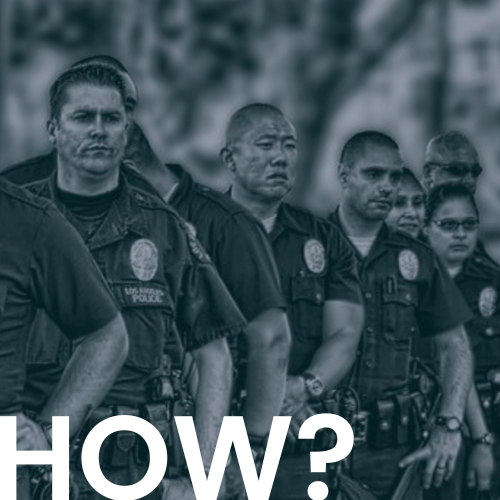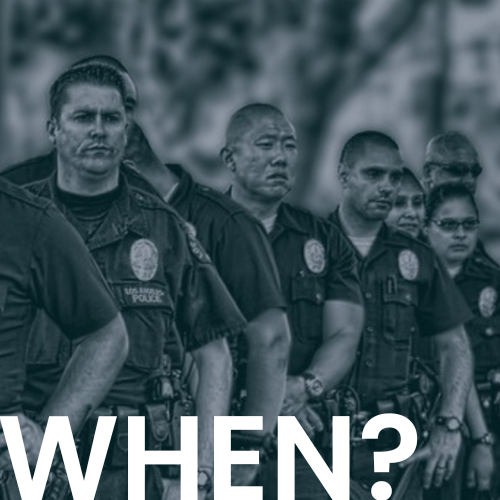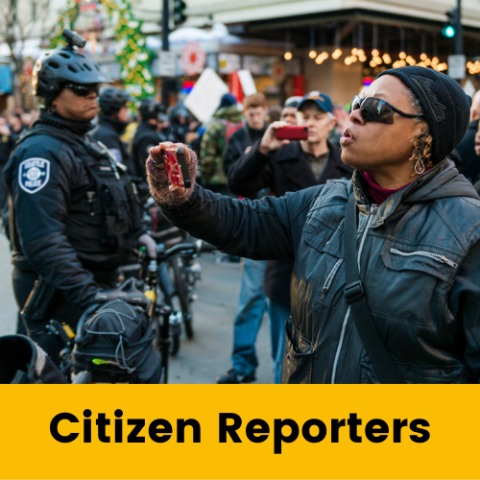Date of Offense
Supporting Document(s)
Statement
This Case Involves:
Abuse of Authority
Deprivation of Rights
Unlawful Search
By making an arrest without Probable Cause
Unlawful Seizer
By an unlawful seizure of property
Summary of the Incident
During the mid-morning hours of May 10, 2018, defendant Detective Brad Youngblut left the police station to get into his car. While walking towards his car, Detective Youngblut observed Robbins recording vehicles as well as officers and civilian employees entering and leaving the police station. Because he was aware that vehicles had recently been stolen from and vandalized in that area, and because he was aware of a previous incident in which two officers had been murdered by a person with a history of filming the police, Detective Youngblut approached Robbins to make inquiry. At about the same time, defendants Lieutenant Joseph Leo and Sergeant Christopher Curtis, along with several other officers, approached Robbins as well. At this point, Robbins was on the sidewalk surrounded by law enforcement officers.
Robbins refused to identify himself or respond to law enforcement inquiries, explaining “I’m taking pictures because it’s perfectly legal for me to do so.” Lieutenant Leo initiated physical contact when he lifted the back of Robbins’s shirt, grabbed his forearm and placed it above his head, and patted him down. Robbins repeatedly asked what about his conduct was illegal, and the officers responded that while he was not doing anything illegal, he was suspicious. Eventually, the officers ordered Robbins to leave, and he refused. The officers then told Robbins he was loitering, and, if he did not identify himself, he would be arrested. Detective Youngblut suggested that the officers “just make a suspicious activity case . . . [and] confiscate the camera until we have a reason for what we’re doing.”
At this point, Robbins asked, “Do I have an arrest?” and Detective Youngblut said, “Yes.” Robbins asked, “Am I detained at this point?” and Detective Youngblut responded, “Yes, you are now at this point.” While officers put Robbins’s hands on the bed of a pickup and patted him down, they again asked for identification, which he said he did not have. When asked his name, Robbins responded with “John Doe” before providing his name under protest.
The officers seized Robbins’s cell phone and camera. Detective Youngblut photographed Robbins for his file and then told him that he was free to go. The encounter lasted approximately twelve minutes. The cell phone and camera were retained by law enforcement until May 22, 2018, when Detective Youngblut authorized the return of the property after Robbins’s counsel demanded the return of the property.
Robbins filed suit on September 5, 2018, under 42 U.S.C. § 1983 - Civil action for deprivation of rights In the suit he asserts three constitutional torts: In Count I, Robbins asserts that he was unlawfully detained, seized and searched, and his property was unlawfully seized in retaliation for engaging in protected First Amendment activity – that is, observing and recording public police activities. In Count II, Robbins claims that he was falsely detained, arrested, and his property was unlawfully seized in contravention of the Fourth Amendment. In Count III, Robbins maintains that the City failed to train officers on the First Amendment right to observe and record public police activities causing him to suffer an unlawful retaliatory detention, seizure, and search. The district court granted summary judgment in favor of the defendants on the first two counts on the basis of qualified immunity and on the third count because Robbins failed to show a constitutional violation or a “policy of inaction.”
United States Court of Appeals For the Eighth Circuit Holding
For the foregoing reasons we affirm in part and reverse in part and remand for further proceedings consistent with this opinion.
We affirm the district court’s grant of summary judgment in favor of the defendants on Counts I and III. On Count II, we affirm the district court on all claims against the defendant officers in their official capacities and the City.
We further affirm the district court’s finding that the defendants were entitled to summary judgment on Robbins’s claim that he was subjected to an improper Terry stop.
We reverse, however, the district court’s grant of summary judgment in favor of the defendant officers in their individual capacities on Robbins’s false-arrest claim and his claim for the unlawful seizure of his property.
The city of Des Moines then paid $125,000 settlement to a man who was detained and then arrested without probably cause and his camera and phone were seized without probable cause.
The US Citizen Reporters are a group of public and private defense advocates that scour the internet for documented incidents of police misconduct that have eluded accountability.










![Peace Officer Standards & Training [POST] Departments Peace Officer Standards & Training [POST] Departments](/sites/default/files/styles/large/public/2023-07/Brady.png?itok=xsIFvU8R)
![Organizations [Law Enforcement et al.] Organizations [Law Enforcement et al.]](/sites/default/files/styles/large/public/2023-07/Brady%20%282%29.png?itok=H7Pj15F8)

